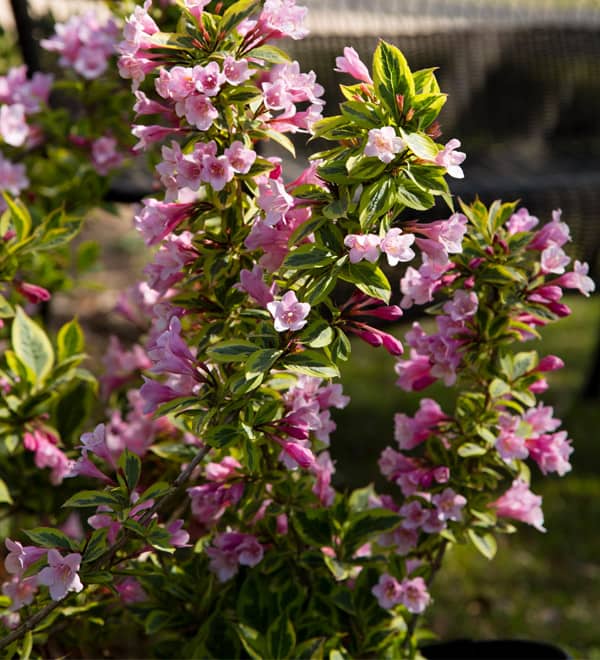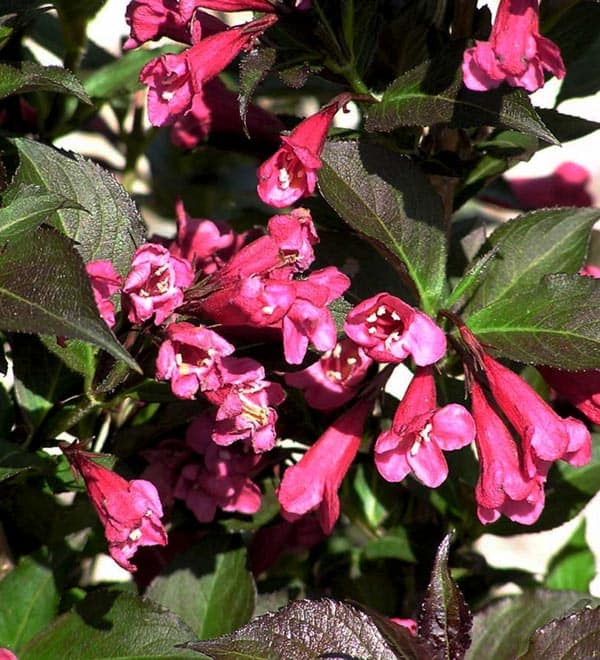Zone 3A
East of the Sierra and Cascade ranges, you can hardly find a better gardening climate than Zone 3a. Winter minimum temperatures average from 15 to 25°F (–9 to –4°C), with extremes between –8 and –18°F (–22 and –28°C). Its frost-free growing season runs from 150 to 186 days. The zone tends to occur at lower elevations in the northern states (eastern Oregon and Washington as well as Idaho), but at higher elevations as you move south crossing Utah’s Great Salt Lake and into northern New Mexico and Arizona. Fruits and vegetables that thrive in long, warm summers, such as melons, gourds, and corn, tend to do well here. This is another great zone for all kinds of deciduous fruit trees and ornamental trees and shrubs. Just keep them well watered.
Zone 3B
Zone 3b is much like Zone 3a, but with slightly milder winter averages of 19 to 29°F (–7 to –2°C) and extremes that usually bottom out between –2 and –15°F (–19 to –26°C). Summer temperatures are a bit higher than in Zone 3a—mostly in the high 80s and low- to mid-90s. Zone 3b offers one of the longest growing seasons of the intermountain climates. Gardeners here count on 180 to 210 frost-free days with plenty of heat. However, it’s one of the smallest zones. Most of it lies in the warmest parts of eastern Washington’s Columbia Basin, with bits in Lewiston, Idaho, and parts of the Southwest. This is fabulous country for annual vegetables and flowers and a long list of perennials, trees, shrubs, and vines.


